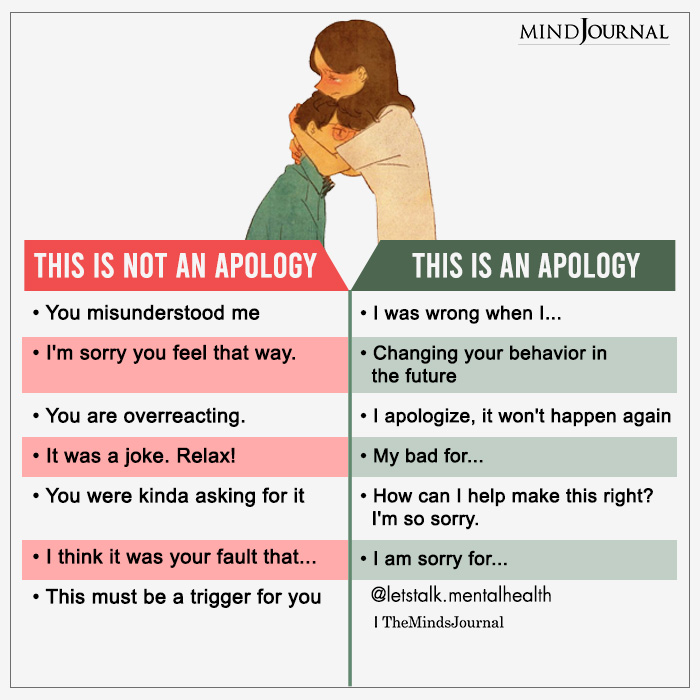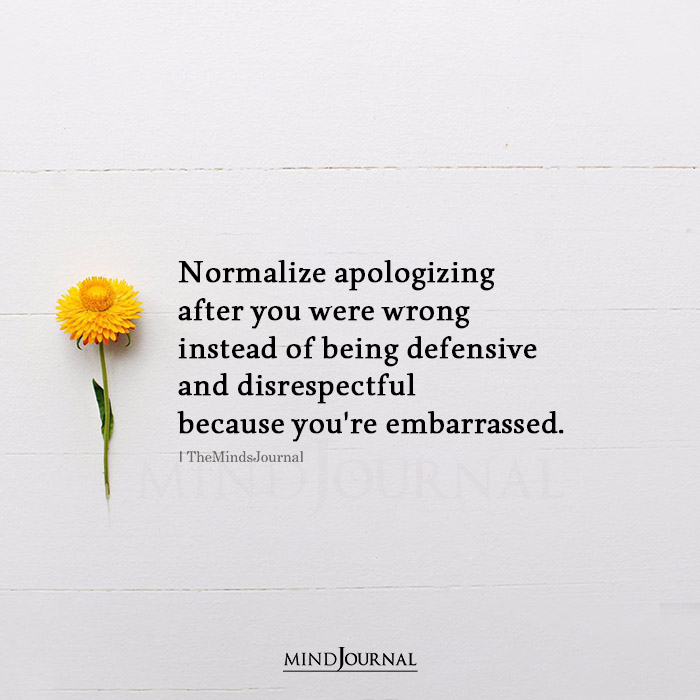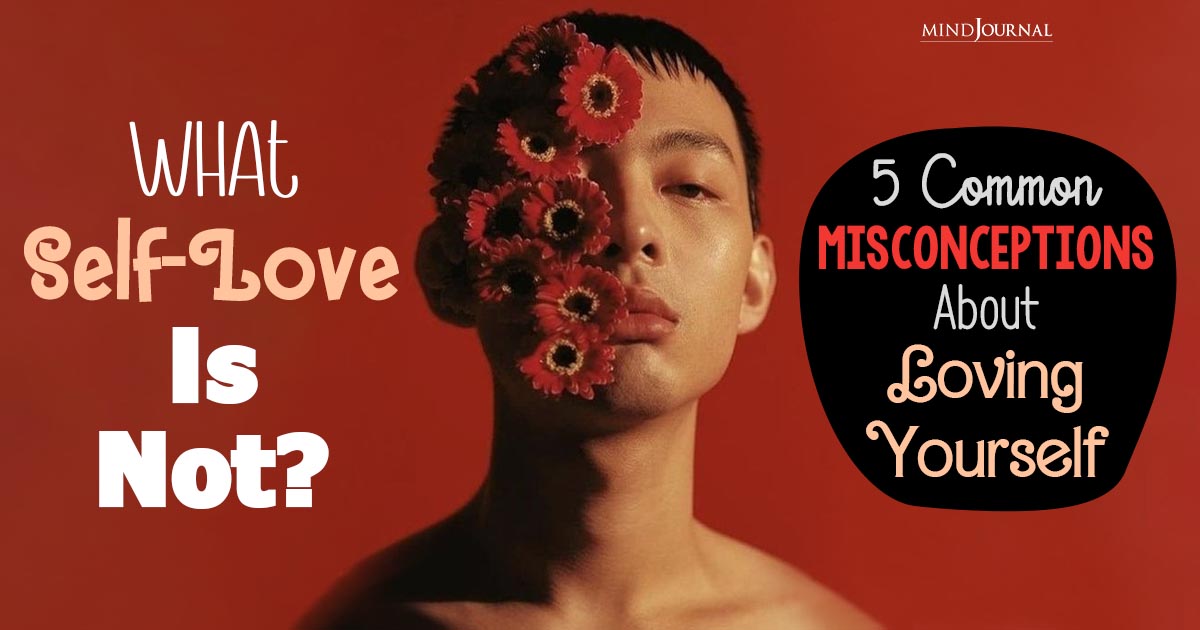An effective apology can make such a big difference when it comes to resolving conflicts in the workplace. Many people, especially bosses and leaders underestimate the power of an apology.
Key Points
- Effective apologies make people feel seen, heard, and valued.
- Leaders often offer apologies that are hollow and vague, unintentionally perpetuating the problem.
- Effective apologies include seven essential elements and acknowledge the harm that was done.
“I’m sorry.” Two words, three syllables, too important to leave out of a conversation with an employee who has been let down by the person they are supposed to look up to.
Perhaps a manager turned the other way while June was bullied on the job, or maybe he paid Torrence 20% less than the new hire with the same responsibilities and half the education and experience. The list of potential offenses is long, but the power of an unfettered apology remains the same.
Related: Just Saying Sorry Isn’t Enough: 5 Steps To Apologize Meaningfully
What Does An Effective Apology Do?
At its heart, an effective apology makes a person feel seen, heard, and valued, and in exchange for eliciting these authentic emotions, the relationship starts to heal, and quality work gets done in the office.
So what does an effective apology look like on the job, and is “I’m sorry” really enough? An evaluation of effective apologies from corporate leaders indicates a variety of essential components as well as potential roadblocks.
Here are seven crucial steps to recognizing the harm done, repairing the break, and envisioning positive steps forward.
7 Steps For Getting An Effective Apology Right
1. Regret
First, begin with a sincere expression of regret. Regret is an act of looking back on your behavior and feeling a sense of remorse for missteps. For instance, “I feel awful for my failure to act and the harm my inaction has caused.”

2. Explanation
Second, after contemplative introspection, offer an explanation for the mistakes made. For example, “Reflecting upon my own shortcomings, I realize I shy away from direct conflict, so instead of sitting down with Sam and explaining that her behavior was not acceptable and must change, I ignored it, hoping it would get better on its own.”
3. Ownership
Third, own the mistake and acknowledge your responsibility for what went wrong. You may say something like, “As the person responsible for the well-being of our team, it was my job to address the concerns you and multiple other colleagues expressed. I let the team down, and that is totally on me.”
4. Future
Fourth, clearly state how you will ensure this does not happen again. For instance, “Next time you or another colleague comes to me and shares that you are being bullied, I will take your concern seriously and immediately address the person in question. I will not drop the ball again.”
Related: 13 Components Of An Effective Apology
5. Plan
Fifth, offer to fix the harm done. For example, “Currently, we do not have an anti-bullying policy that delineates expectations for ensuring dignity at work and details what process to follow when those expectations are violated. That is my oversight. I would like to create such a policy collaboratively. I will request a meeting with Human Resources by the end of business today and circle back with you about the next steps. I would love for you to contribute to this project if you have time and are willing.”
6. Forgiveness
Sixth, seek forgiveness but do not expect nor require it. You may say, “I hope as we move forward that you can come to trust me again and forgive my inactions that resulted in your harm. I also understand that my behavior may have permanently damaged our relationship. However, I will continue to work hard to make this right.”
7. Blind Spots
Seventh, conclude by asking what you missed. As humans, we all walk into the world with blinders placed atop our faces and tinted by our own experiences. So, even with a concerted effort to recognize and rectify our shortcomings, there are always pieces of the puzzle beneath our chairs we fail to see.
Asking those impacted by our actions and inactions, “What we missed?” helps to clarify the picture, placing the missing puzzle pieces rightfully in their place. For instance, “I know I still have quite a bit of repair work to do. What have I missed, and what else do you need from me?”

Put It All Together
In a typical apology, echoed through the halls of schools, universities, hospitals, nonprofits, and corporations, we often hear hollow utterances such as, “I understand we have all been through a hard time, and I am sorry for the difficulty. I know we are all eager to move forward.”
While such commentary is a start, it clothes the speaker in protective armor, preventing her from fully digesting the harm done and repelling responsibilities for her actions and inactions.
Imagine how differently the apology would land if we combined the elements discussed above and professed the following instead, “I feel awful for my failure to act and the harm my inaction has caused. Reflecting upon my own shortcomings, I realize I shy away from direct conflict, so instead of sitting down with Sam and explaining that her behavior was not acceptable and must change, I ignored it, hoping it would get better on its own.
As the person responsible for the well-being of our team, it was my job to address the concerns you and multiple other colleagues expressed. I let the team down, and that is totally on me. Next time you or another colleague comes to me and shares that you are being bullied, I will take your concern seriously and immediately address the person in question. I will not drop the ball again.
Related: Why Men Struggle To Apologize
Currently, we do not have an anti-bullying policy that delineates expectations for ensuring dignity at work and details what process to follow when those expectations are violated. That is my oversight. I would like to create such a policy collaboratively. I will request a meeting with Human Resources by the end of business today and circle back with you about the next steps. I would love for you to contribute to this project if you have time and are willing.
I hope as we move forward, you can come to trust me again and forgive my inactions that resulted in your harm. I also understand if my behavior has permanently damaged our relationship. However, I will continue to work hard to make this right. I know I still have quite a bit of repair work to do. What have I missed, and what else do you need from me?”
Studies indicate that most leaders’ apologies include an expression of regret, an explanation for their actions or inactions, and an acceptance of responsibility.
However, these sentiments often come across as insincere and vague, leaving out the key components necessary to repair the relationship—unintentionally perpetuating the problem and disappointing those they are charged to serve.
For that, I bet they are sorry.
Want to know more about the elements of an effective apology? Check this video out below!
Written By Dorothy Suskind Ph.D Originally Appeared On Psychology Today










Leave a Reply